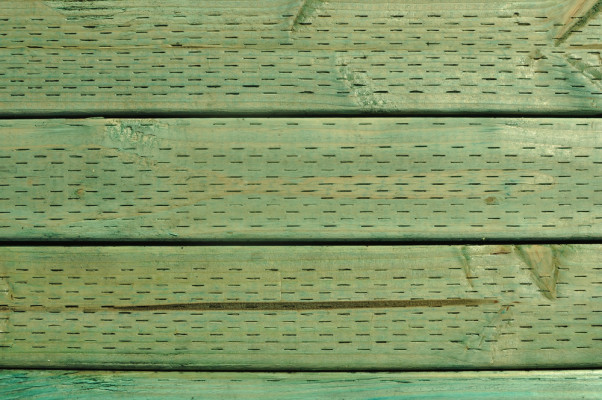Shake or stir contents before and during use.
Treating cut pressure treated wood.
All residential treated wood since the elimination of cca as the pressure treatment chemical needs to have an end cut booster treatment.
Once the ends have been cut however additional care must be taken in order to maintain the same level of resistance.
How to seal your wooden deck pressure treated lumber is notoriously difficult to stain and seal compared with other decking materials which is why some manufacturers actually used to advise against it.
Ready to use do not dilute.
So while the pressure treatment process does provide a certain degree of protection sealing your pressure treated wood will help it to look better and last longer.
Outlast q8 log oil is the best choice for this purpose because it contains 675 copper 8 quinolinolate to meet the awpa m 4 standard for end cuts bore holes and fastener punctures and it is virtually odorless while drying invisibly into the end grain.
Treat wood to repel water and insects.
The chemical used in pressure treating wood is not safe for humans and to pets.
When cutting thick pieces of wood such as fence posts the preservative may not have soaked all the way to the center of the lumber.
After pressure treated wood gets soaked wood can crack twist bend and cup until it tears apart.
Cut n seal is not to be used in ground contact applications in preserved wood foundations to recoat pressure treated wood surfaces or as a replacement for pressure treatment.
You must exercise caution when touching or.
Copper is also used in the newest pressure treatment formulas and does not pose threat to health unlike arsenic.
Pressure treated wood is wood that has a preservative forced deeply into it.
Wood should be dry and clean.
It is used for many exterior applications such as decks and picnic tables.
Pressure treated wood can still be affected by water when it is soaked or splashed.
Do not use to recoat pressure treated wood surfaces.
This chemical is composed of arsenic especially in all older pressure treated lumber and some new materials.
Treating wood with a water seal helps it repel moisture blocks harmful insects and keeps the wood looking its best.
This causes it to be resistant to decay and insects.
Do not use for pressure treated wood in ground contact applications or in preserved wood foundations.
Wooden steps and patios located outdoors can quickly absorb rainwater and snow causing the wood to warp erode and eventually rot.
What you must remember is that pressure treating makes the wood resistant from rot and pests however it will not make wood resistant to water.

